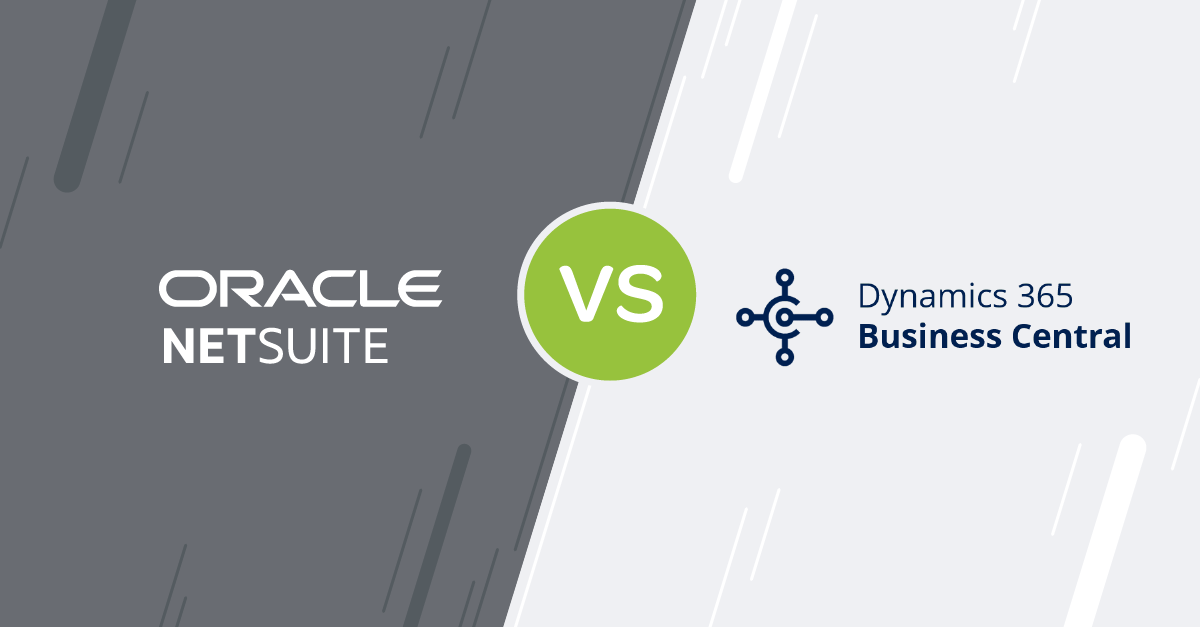Blog
Share this
NetSuite B2B Ecommerce Options – Why SuiteCommerce is Your Best Bet

by Jalene Ippolito on April 01, 2021
Ecommerce certainly isn’t new, but it’s picking up steam in the B2B space. According to McKinsey, only 20–30% of B2B buyers want to interact with a sales rep in person, making digital interactions and self-service the dominant model moving forward. More and more, business buyers expect the same kind of online experience they have as consumers, forcing wholesale distributors to adapt their business models. The shift to digital self-service means providing customers with more tools to research and discover new products, place orders and manage their accounts.
Like any software, you have choices when it comes to ecommerce. Some companies latch onto the names they know, like Shopify, Magento or BigCommerce. And you certainly can go that route. But these solutions can present challenges if they’re not properly integrated with your core business systems. At a minimum, if your ecommerce store isn’t connected to your inventory system, you’ll be manually reconciling inventory levels. And this defeats the purpose of giving your customers a self-service portal if the data isn’t accurate and up to date.
Rather than looking at ecommerce in a vacuum, consider how it ties into your core business systems. To truly see the benefits and remain competitive, integrating ecommerce and ERP is a must. NetSuite customers have several options to choose from – you can find integration apps for Magento, Shopify and more in the SuiteApp directory. But NetSuite’s own B2B ecommerce solution – SuiteCommerce – is usually a much better fit. Keep reading to find out why.
What you need in a B2B ecommerce solution
Before we dig into SuiteCommerce specifically, let’s understand what B2B buyers are looking for in a digital self-service platform. Your customer’s expectations will drive the solution, alongside your business processes.
- B2B customers still expect the same level of transparency they had in face-to-face interactions. From a digital perspective, transparency on price is key.
- According to CIO Look, 1 out of 3 B2B buyers prefer to shop with brands that personalize their experience. This includes options like creating favorite product lists and easily reordering bulk items.
- Buyers are used to quick order fulfillment and fast delivery as consumers and they expect the same in the B2B experience.
- Customers want an easy way to manage all aspects of the business relationship, including purchasing, billing and support.
Why you should choose SuiteCommerce
Considering what B2B buyers are looking for – and what you need to optimize operations on the back-end – SuiteCommerce fits the bill on all fronts.
1. SuiteCommerce is integrated with your NetSuite ERP
From an operational standpoint, using SuiteCommerce for your B2B webstore is by far the most streamlined option. It’s already part of the NetSuite platform, so you don’t have to deal with the extra work and cost to integrate your ERP system with a stand-alone ecommerce solution. As a complete solution out-of-the-box, the workflows are already pre-established – online orders automatically convert to invoices and trigger fulfillment processes.
2. Give customers pricing transparency
You’ll already have pricing, terms and credit limits set in your NetSuite system. Those same terms will transfer through to your SuiteCommerce site, so customers have access to the same pricing across all sales channels. You can require customers to login to view their pricing information and allow them to submit a Request for Quote from the site. Once your sales rep has provided the quote, customers can easily convert it into an online order. You have options to present pricing in the way that makes sense for your business.
3. Make online purchasing easy
Giving your customers the information they need speeds up purchasing decisions and leads to higher sales. SuiteCommerce accommodates the standard product information you expect from an ecommerce site. But it also includes some unique features for B2B, like bulk buys, re-orders for the same items and custom product lists of favorite or recently purchased items.
4. Simplify and automate billing
SuiteCommerce offers multiple payment methods, including invoice billing, credit limits and ACH processing, making it easy for customers to pay for their orders. And the self-service portal enables customers to manage their accounts by viewing outstanding invoices, available balances and making payments at any time. This reduces the draw on your accounting team as they’ll have fewer account inquiries to respond to.
5. Make it easy for customers to get help
Managing product returns is often one of the biggest pains for customers and distributors. SuiteCommerce enables self-service returns so buyers can initiate an online return authorization which then feeds into your returns process. Customers can also submit questions or support requests, access their order history and order status, including tracking links.
Share this
Stay in the Know!
Join other SMEs who receive our monthly ERP insights, tips and best practices.
You may also like

ERP Funding for Canadian Businesses

Should You Work with a NetSuite Implementation Partner or Go Direct?



